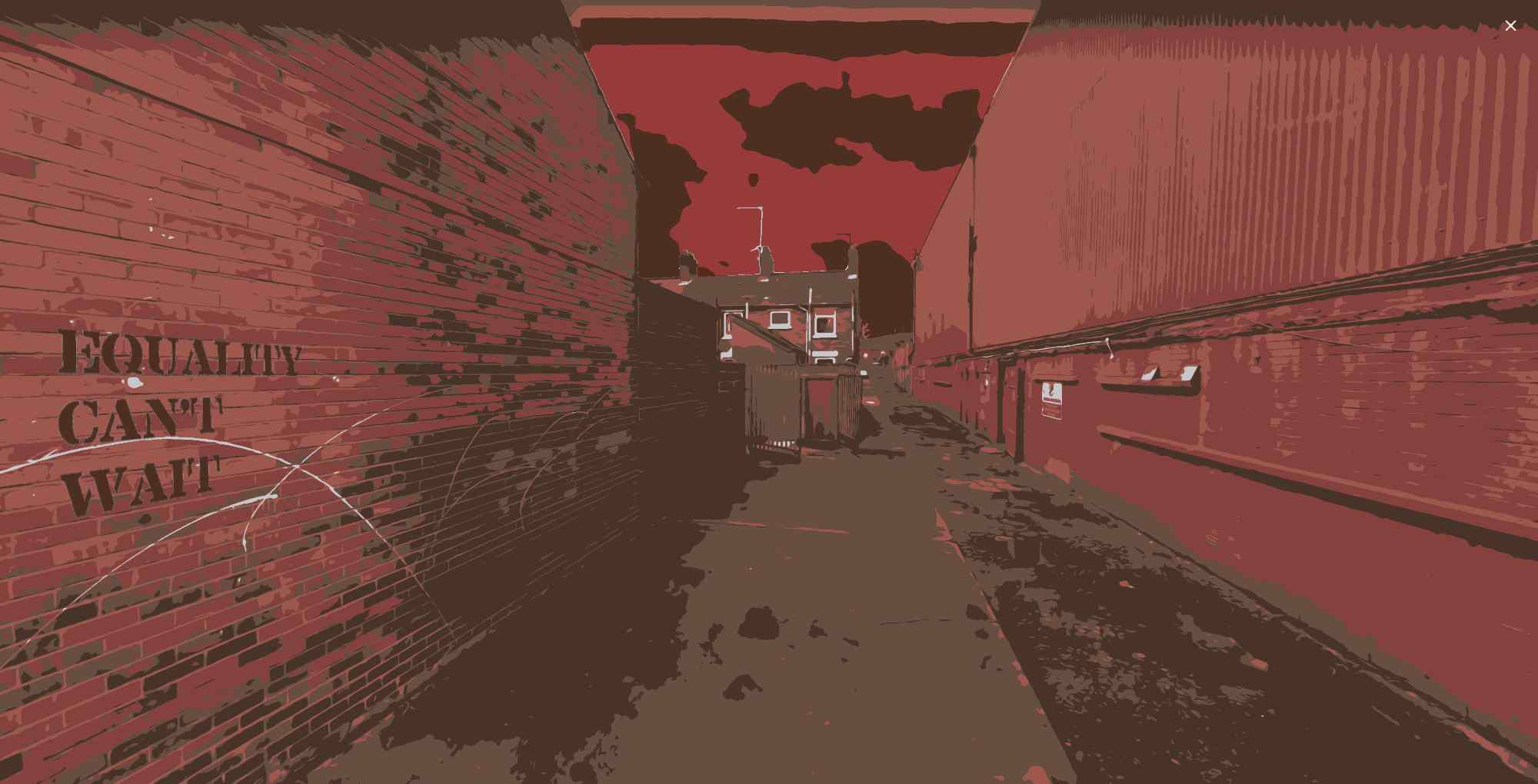
Policy Watch
An eye on policy changes in Ireland, the UK and beyond
Young asylum seekers and education: UK examples | Leicester | Glasgow | Wales
Leicester case study
In England, compulsory education begins at age 5. Like in Wales, people can leave school on the last Friday in June, if they will be 16 by the end of that school year’s summer holidays. In addition, until they are 18 young people in England are required to be either in full-time education, an apprenticeship or traineeship, or a combination of part-time education, training, work and/or volunteering.
Leicester college offers a holistic ESOL programme for 16- to 18-year-olds, ultimately aimed at helping them gain access to further education or employment opportunities. The course includes modules in English, maths, ICT, office skills, guidance, citizenship, history and science, and focuses on improving young people’s basic reading, writing, speaking and listening skills alongside exposing them to a range of vocational skills.
As a first step, students’ English level will be assessed through reading, writing, speaking and ability tasks, and their maths level through an online programme. Based on their results, students are placed at one of five levels (entry 1 through to level 2). Once embarked on the course they have weekly assessments and Functional Skills exams in English, maths and ICT. They are able to progress to the next level mid-year based on their performance.
The coursework is accompanied by an enrichment programme including sports and educational visits. The course also includes work experience and an employability programme. At the end of the highest level of this course, they can access higher-level ESOL or other academic courses, or into employment.
Glasgow case study
Scotland’s Welcome Pack for New Scots sets out key information for newcomers. It explains that education is obligatory for 5- to 16-year-olds, and that children are entitled by law to additional support for learning if they need it. This holds for refugee and asylum seeker children as well, in case for instance they are behind their peers in English or have anxiety or poor mental health following ‘a traumatic event’.
As explained in the Welcome Pack, in Scotland, all children aged 5 to 15 follow the ‘broad general education’ curriculum. People who choose to remain for the final 3 years – aged 16 to 18 – are at ‘senior phase’ and can pursue further education (including vocational qualifications, apprenticeships and Skills for Work courses), higher education or employment.
Within the system there is special provision for young people seeking international protection (resources seem to be based primarily in Glasgow). Enquire, the organisation for ‘additional support for learning’ in Scotland, has dedicated resources for asylum seeker and refugee parents and children, like a fact sheet on supporting these families in school.
Via the Bridges Programme in Glasgow young people with more fluent (level 4 and above) English can access12-day unpaid work placements with local businesses (in their sector if they worked in their country, or as a volunteer if they didn’t). People with this level of English and with permission to work can also join a 3-week part time Equipped for the Future course on how to job search, write a cv, and interview.
People with less fluency in English – both young people and adults – can access ESOL, regardless of their literacy level, via the Community Learning and Development programme. It runs from complete beginner to university entrance level. Glasgow Clyde College has a programme (2018) for over 16s. It was initially designed specifically to meet the needs of unaccompanied young people but has provided ‘Routes to Learning’ lessons (2019) for this age group generally, and has informed University of Stirling research findings. The premise is that before young people can begin to think about future vocational studying or higher education they need to gain both confidence in English and SQA qualifications, in a trauma-informed setting. The course
- Is full time, running five mornings a week over the course of 2 academic years
- Provides separate classes for different English language levels (eg SCQF level 2 and level 3)
- Includes outdoor learning and technologies
- focuses on identifying strengths and talents of the young people
- functions through a nurturing and peer group approach.
This approach continues to inform Glasgow Clyde’s current beginner ESOL classes: “these skills will increase your confidence in everyday life and will help you communicate in the home, with your family, in social situations, and at work”.
Wales – Nation of Sanctuary
As in England, compulsory school age in Wales is 5 to roughly 16 (depending on when the child’s birthday falls). The guidance for asylum seekers sets out the parameters for primary and secondary school; it clarifies that although children may leave school at 16, further education is encouraged and discusses free ESOL and Welsh language learning. It sets out that asylum seekers have access to the need-based ‘Financial Contingency Fund in Further Education’ administered by colleges (unaccompanied young people being looked after by local authorities are eligible for additional funding for their education).
Under the Welsh system, Reach – Regional ESOL Assessment Central Hubs – people can book a 2-hour English language assessment in Cardiff, Swansea, Newport or Wrexham. Once the assessment is complete the person is referred on to the appropriate local course – at the hub they also have access to support for “housing, education, financial advice/guidance, employment and more”.
From 2019 up until March 2022, Wales also ran a ReStart: Refugee Integration project to support refugees to integrate through ESOL courses and employability support in Cardiff, Swansea, Newport and Wrexham.
In terms of non-educational support, the children’s charity TGP Cymru has a Refugee and Asylum Programme (RAP) for young people aged 11 to 25 seeking international protection (with and without status). It has a number of support projects which aren’t strictly education-oriented:
- The ‘Belong’ project (14 to 24) helps young people gain confidence and learn new skills to help them ‘understand and acclimatise to systems and culture in Wales’. (It’s meant to be a stepping stone to mainstream youth structures and opportunities.)
- The ‘Mind our Future’ focuses on combatting mental health issues through co-production projects
